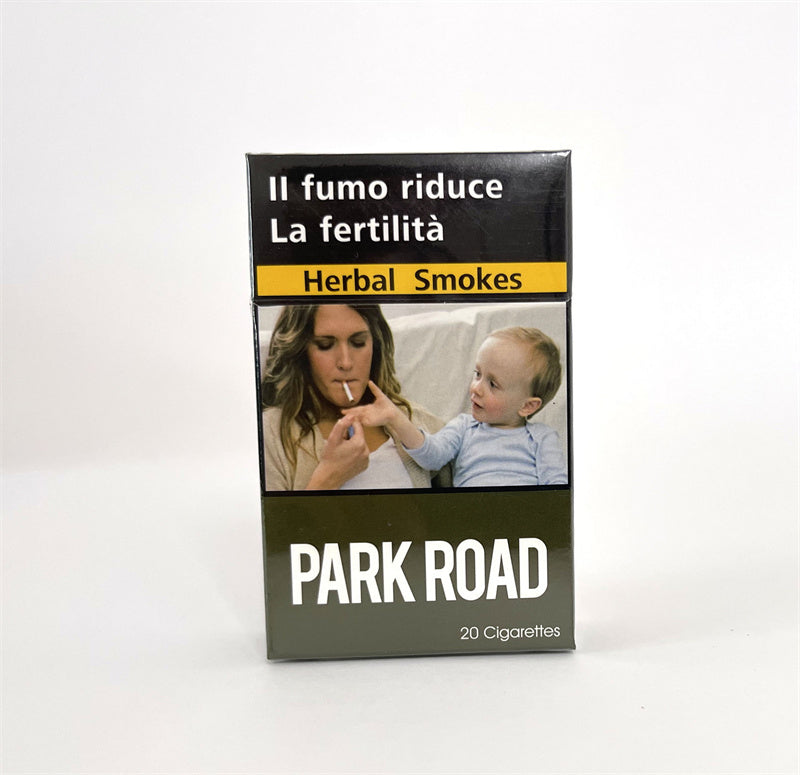A new report shows that despite Juul paying more than $1.1 billion in legal settlements, most U.S. states are continuing to cut spending on programs that prevent children from using tobacco products and help smokers quit.
Maine is the only state to fully fund tobacco prevention and cessation programs at the levels recommended by the Centers for Disease Control and Prevention (CDC). Eight other states provided at least 50% of the CDC's recommended funding, and 31 states and the District of Columbia spent less than a quarter of the CDC's recommended funding.
The report, "Broken Promises to Our Children: The 1998 State Tobacco Compact," was produced by the Campaign for Tobacco-Free Kids, the American Cancer Society Cancer Action Network, the American Heart Association, the American Lung Association, the American Nonsmokers' Rights and Truth Initiative issued by the organization. The agencies have issued annual reports since the signing of the Master Settlement Agreement in November 1998.
This year, states have extra revenue to earmark for tobacco prevention programs because of the recent more than $1.1 billion legal settlement with Juul over its deceptive marketing practices and its role in the youth vaping epidemic.
The report's main conclusions include:
Even excluding the Juul settlement fund, states will collect $25.9 billion from tobacco settlements and tobacco taxes this year (fiscal year 2024). But they spent just 2.8%, or $728.6 million, on tobacco prevention and cessation programs, down from $733.1 million in fiscal 2023. This funding is less than a quarter (22%) of the total funding recommended by the CDC.
Compared with the $8.6 billion tobacco companies spend each year in the United States to market cigarettes and smokeless tobacco products, state spending on tobacco prevention pales in comparison. That means tobacco companies spend nearly $12 to market their products, while states spend $1 to combat tobacco use.
"We know what wins the fight against tobacco, and states have significant resources from tobacco settlements and taxes to invest in programs that can accelerate progress," Yolonda C. Richardson, president of the Campaign for Tobacco-Free Kids, said in a statement. . Unfortunately, most states do not provide adequate funding for these life-saving programs, and the tobacco industry continues to do everything in its power to target our children, the Black community, and other vulnerable populations, especially with flavored products like menthol cigarettes and flavored e-cigarettes "We know their tactics, and policymakers should use every tool at their disposal to protect our children and help those already suffering from addiction."
